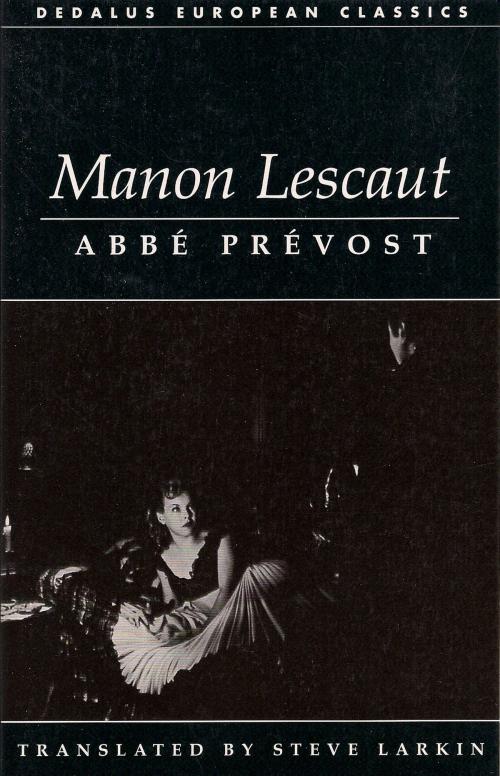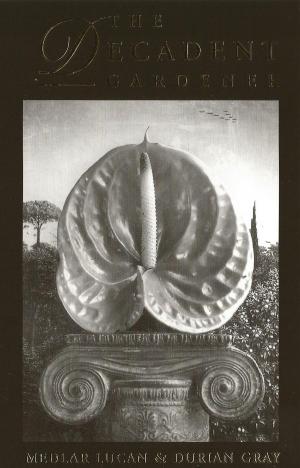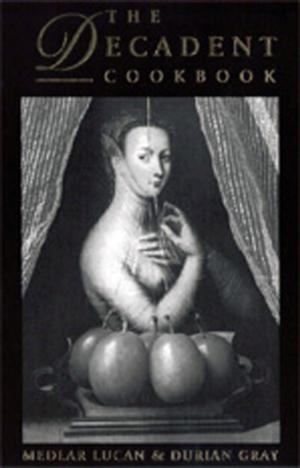| Author: | Abbe Prevost | ISBN: | 9781907650468 |
| Publisher: | Dedalus Ebooks | Publication: | January 5, 2010 |
| Imprint: | Dedalus Ebooks | Language: | English |
| Author: | Abbe Prevost |
| ISBN: | 9781907650468 |
| Publisher: | Dedalus Ebooks |
| Publication: | January 5, 2010 |
| Imprint: | Dedalus Ebooks |
| Language: | English |
Manon Lescaut is a classic of French Literature, has never been out of print in France since its publication in 1731 and has inspired several operatic versions and at least three films. Set in Regency Paris and Louisiana around 1720, it has a significance which transcends its context. It is a love story, but a profoundly ambiguous one. Is it a cautionary tale, warning of the dangers to which passion, blindly followed, can lead? Or does it illustrate the redemptive power of love, as Des Grieux's perseverance in his devotion to Manon eventually brings about a profound change of heart in her, and seems to make possible a lasting happiness based on deep, mutual affection? The ambiguity persists to the end, when death snatches that happiness away. As well as a tragic love story, this is also an adventure story with a host of incidents and a wide range of characters. There are three infidelities, three escapes, three abductions, and two murders. The action spans two continents and a social range extending from the aristocracy to the social outcast, from pillars of the establishment to pimps and prostitutes. "Manon is the perfidious object of the Chevalier des Grieux's affections. She betrays him; his love for her threatens his every moral tenet, yet he clings to a belief in the redemptive power of love. Manon Lescaut is both operatic high tragedy and picaresque adventure. As Larkin's introduction emphasises, the ambiguity of the Jesuitical Des Grieux means that this love is far from innocent, and an enduring puzzle." Isobel Montgomery in The Guardian "The tragic love story Manon Lescaut has been the model for operas (by Puccini, Massenet and Henze) and films for years. This French classic by Abbe Prevost, retranslated for the first time in 52 years by Steve Larkin, shows remarkable resiliency more than 200 years after its original publication. Set in Paris and Louisiana around 1720, it is the archetypal 18th - century romance, with the noble des Grieux as devoted lover and the worldly Manon as inconstant mistress." Publisher's Weekly
Manon Lescaut is a classic of French Literature, has never been out of print in France since its publication in 1731 and has inspired several operatic versions and at least three films. Set in Regency Paris and Louisiana around 1720, it has a significance which transcends its context. It is a love story, but a profoundly ambiguous one. Is it a cautionary tale, warning of the dangers to which passion, blindly followed, can lead? Or does it illustrate the redemptive power of love, as Des Grieux's perseverance in his devotion to Manon eventually brings about a profound change of heart in her, and seems to make possible a lasting happiness based on deep, mutual affection? The ambiguity persists to the end, when death snatches that happiness away. As well as a tragic love story, this is also an adventure story with a host of incidents and a wide range of characters. There are three infidelities, three escapes, three abductions, and two murders. The action spans two continents and a social range extending from the aristocracy to the social outcast, from pillars of the establishment to pimps and prostitutes. "Manon is the perfidious object of the Chevalier des Grieux's affections. She betrays him; his love for her threatens his every moral tenet, yet he clings to a belief in the redemptive power of love. Manon Lescaut is both operatic high tragedy and picaresque adventure. As Larkin's introduction emphasises, the ambiguity of the Jesuitical Des Grieux means that this love is far from innocent, and an enduring puzzle." Isobel Montgomery in The Guardian "The tragic love story Manon Lescaut has been the model for operas (by Puccini, Massenet and Henze) and films for years. This French classic by Abbe Prevost, retranslated for the first time in 52 years by Steve Larkin, shows remarkable resiliency more than 200 years after its original publication. Set in Paris and Louisiana around 1720, it is the archetypal 18th - century romance, with the noble des Grieux as devoted lover and the worldly Manon as inconstant mistress." Publisher's Weekly















